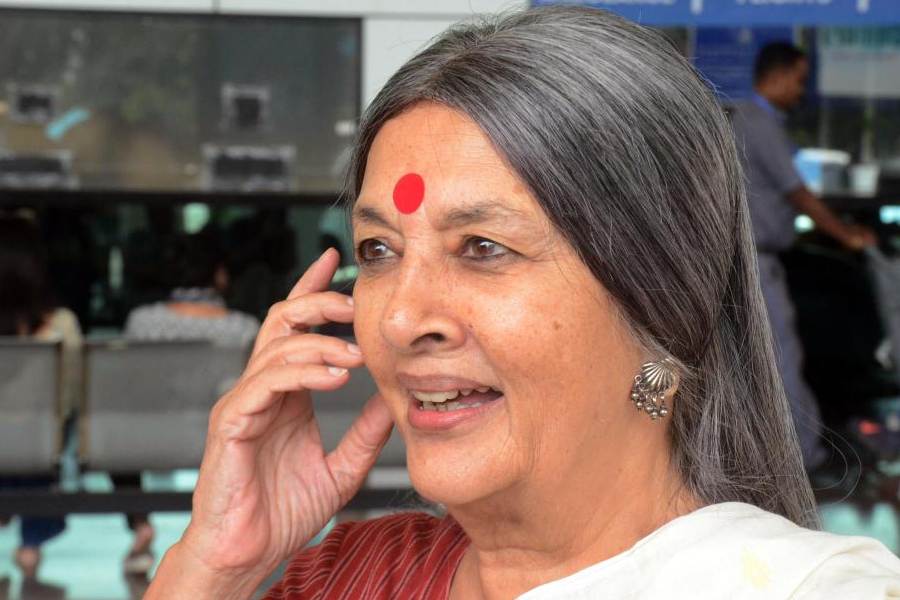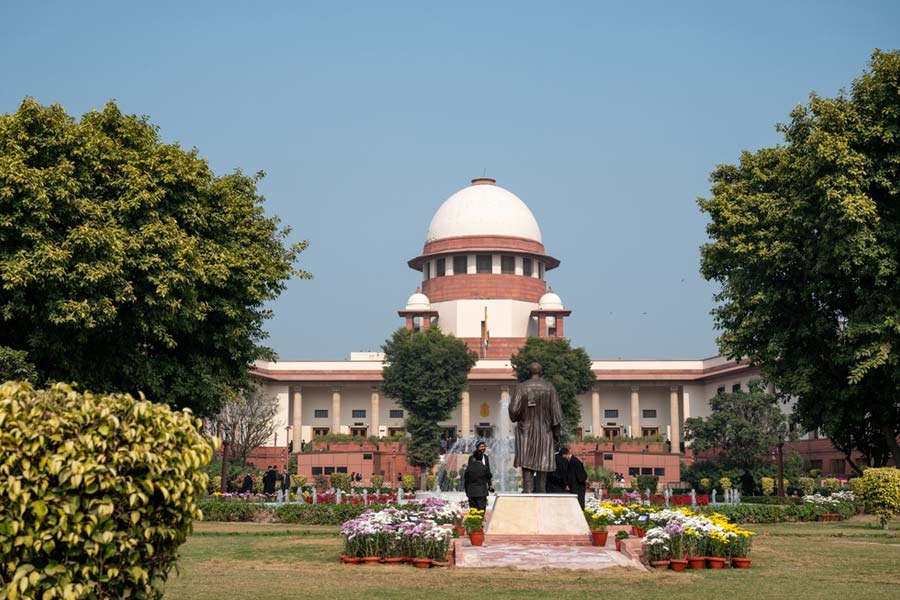CPI(M) leader Brinda Karat, in a letter, has responded to Supreme Court Justice B. R. Gavai’s recent remarks on government welfare schemes, particularly those providing financial aid and free rations. Justice Gavai’s comments came during a hearing on the right to shelter for homeless individuals, where he questioned whether such benefits were discouraging people from working and contributing to the economy.
Justice Gavai, while hearing the case alongside Justice Augustine George Masih, stated, “Unfortunately, because of these freebies, which just on the anvil of elections are declared, like 'Ladki Bahin' and other schemes, people are not willing to work.” He said, “Rather than promoting them to be a part of the mainstream of the society by contributing to the development of the nation, are we not creating a class of parasites?”
Karat, a veteran leader and activist, pushed back against these observations, arguing that such statements undermine the struggles of the working class, particularly women. “This is factually incorrect since the large majority of women are already working—doing unpaid work in the domestic sphere and also often unpaid work in family enterprises, including in agricultural operations,” she wrote.
Referring to schemes like the ‘Ladki Bahin’ initiative, which provides direct cash transfers of Rs 1,000 to Rs 2,000 to women in multiple states, Justice Gavai suggested that such measures discourage employment.
Karat countered this assertion by highlighting that Indian women spend an average of 7.2 hours daily on unpaid domestic work, amounting to an estimated Rs 22 lakh crore annually—about 7% of the country’s GDP, according to an SBI survey of 2023-24.
Justice Gavai also cited his personal experience, stating, “I come from an agricultural family. Because of the freebies in Maharashtra which they just announced prior to elections, agriculturists are not getting labourers.”
Karat rejected this reasoning, arguing that the problem lies not in welfare schemes but in stagnant or declining rural wages. “It is not that labourers are not going to do work because they are getting free rations or other freebies, but because the wages for agricultural work are either stagnant or lower,” she wrote, referring to government data showing wage stagnation in rural areas.
Karat’s letter also addressed the Supreme Court’s comments on free ration distribution, which currently provides 5 kg of cereals per person per month. She pointed out that this amount falls short of the average Indian’s cereal consumption and does not cover nutritional needs, particularly given rising food inflation.











